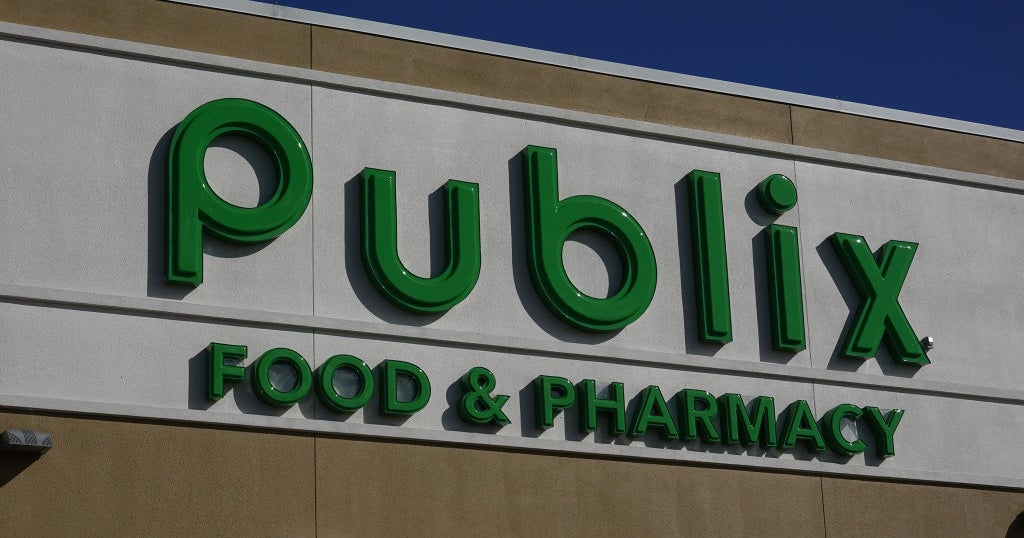Food Label Confusion: Why Organic, Non-GMO Labels Are Often Misleading
MIAMI (CBSMiami) -- During a trip to the grocery store, you'll find all kinds of claims and seals on food packaging. But the labels don't always mean what you think, according to Charlotte Vallaeys with Consumer Reports.
"We wanted to make sense of it for consumers," Vallaeys says, "and help them understand 'which are the claims that I can trust?'"
The non-profit analyzed many of the claims made on today's food. Vallaeys says Consumer Reports decided to look into this "because labels are so confusing."
Take products labeled 'Non-GMO.'
Vallaeys says if you really want to avoid genetically-modified foods look for the 'Non-GMO Project Verified' seal. The 'Non-GMO Project Verified' seal got an overall rating of 'Excellent'.
She says it "has meaningful standards behind it and good verification requirements. For example: sending samples of the food to a lab to make sure it is Non-GMO."
For organic food shoppers, Consumer Reports gives the "USDA Organic" seal an excellent rating. But packaging that says "natural" or "all-natural" is not the same as organic. That claim gets a poor rating because it means different things for different foods and it isn't regulated by a government agency.
There is also confusing labeling when it comes to antibiotics.
Vallaeys says, "Consumers really should look for 'no antibiotics ever' and then a seal to accompany it, which could be 'USDA Process Verified' or another one is 'USDA Organic.'"
People concerned about how animals are raised should check for the seals "American Grassfed," "Certified Humane" and "Animal Welfare Approved." Vallaeys says a careful reading and understanding of the labels can give shoppers more confidence in their choices.
Click here for more on the Consumer Reports Guide to Food Labels.



